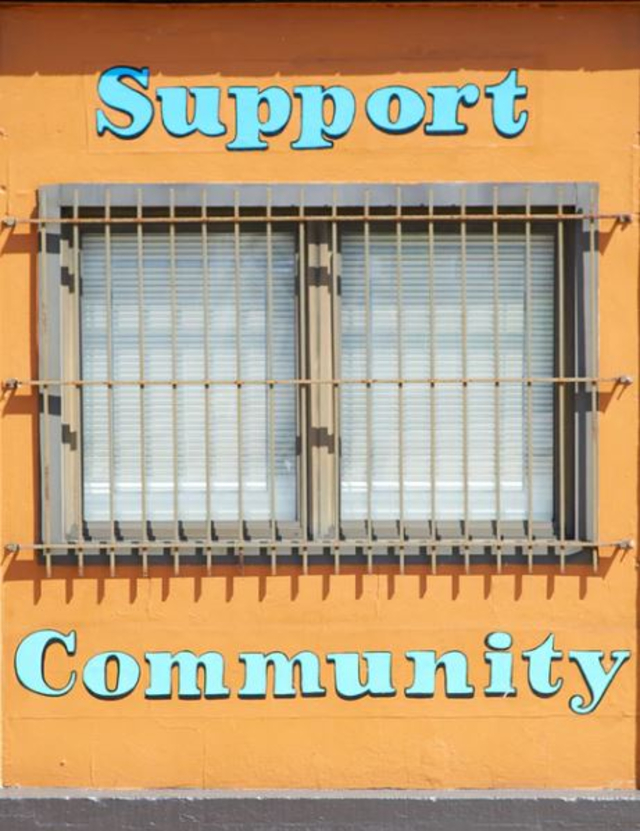Demonstrating Paths to Sobriety Beyond Alcoholics Anonymous
Program
-
Focus Areas
Alcohol, Tobacco, Drugs & Mental Health -
Issues
Alcohol

For decades Alcoholics Anonymous (AA) has been the dominant model for support group-based addiction treatment programs. But some people may prefer an alternative to AA, and studies over the years have shown that AA does not work for many who try it. Unfortunately people looking for alternatives had no way to know if other programs would be helpful.
A February 2018 study by the Alcohol Research Group (ARG) at PHI provided an answer to this question. In their study comparing support group programs over time, ARG found that other programs can be just as effective in abstinence outcomes as traditional AA and 12-step groups.
To assess the effectiveness of alternatives to AA, ARG looked at three other secular, support-based addiction programs: Women for Sobriety (WFS), SMART Recovery, and LifeRing. After following 600 participants in the programs and checking abstinence measures at six and twelve months, the ARG team found that the alternative programs were just as helpful in alcohol addiction recovery, even though the philosophies of the other programs are very different from AA’s.
“This is exciting news, because it suggests that there are several good choices for individuals seeking a recovery support group. I hope that our results increase awareness of and referral to WFS, LifeRing, and SMART, so that more people can find a group that works for them, stick with that group, and ultimately recover.” Sarah E. Zemore, senior scientist at the Alcohol Research Group.
While AA works for many people, the spiritual and religious aspects and the insistence on a commitment to total lifetime abstinence make AA a challenging program for many others. The ARG research is the first to show that support group programs founded on secular beliefs and with less rigid definitions of success can be as effective as AA.
The ARG study was published in the Journal of Substance Abuse Treatment.
Work With Us
You change the world. We do the rest. Explore fiscal sponsorship at PHI.
Support Us
Together, we can accelerate our response to public health’s most critical issues.
Find Employment
Begin your career at the Public Health Institute.
